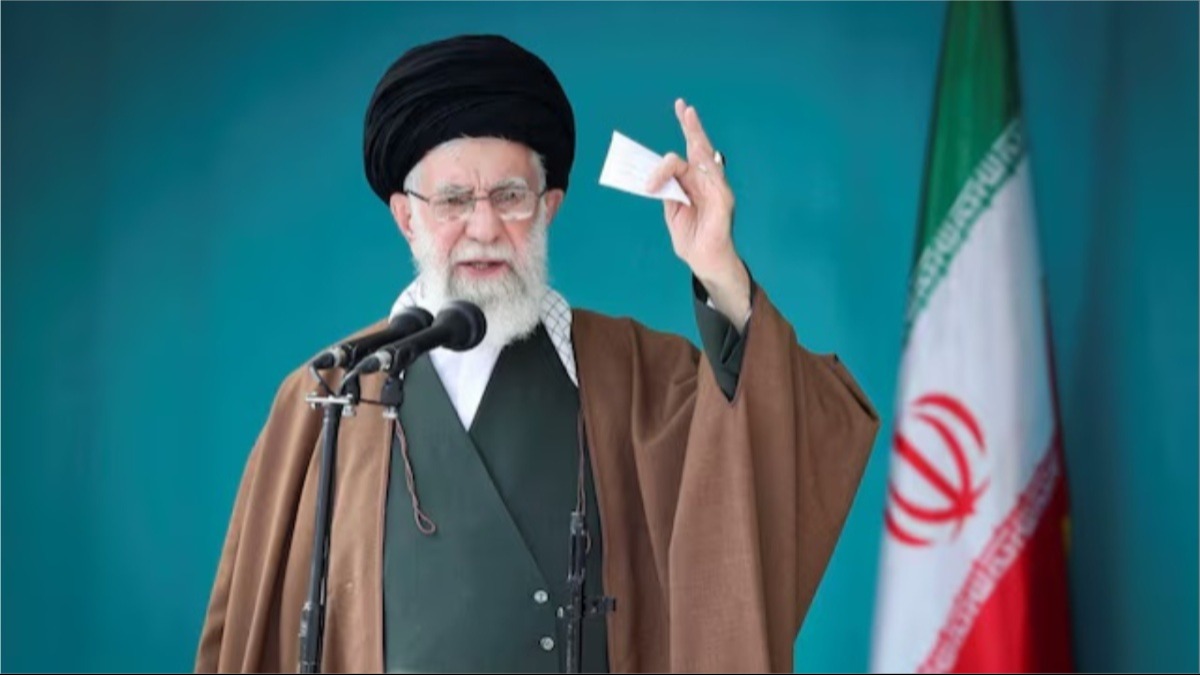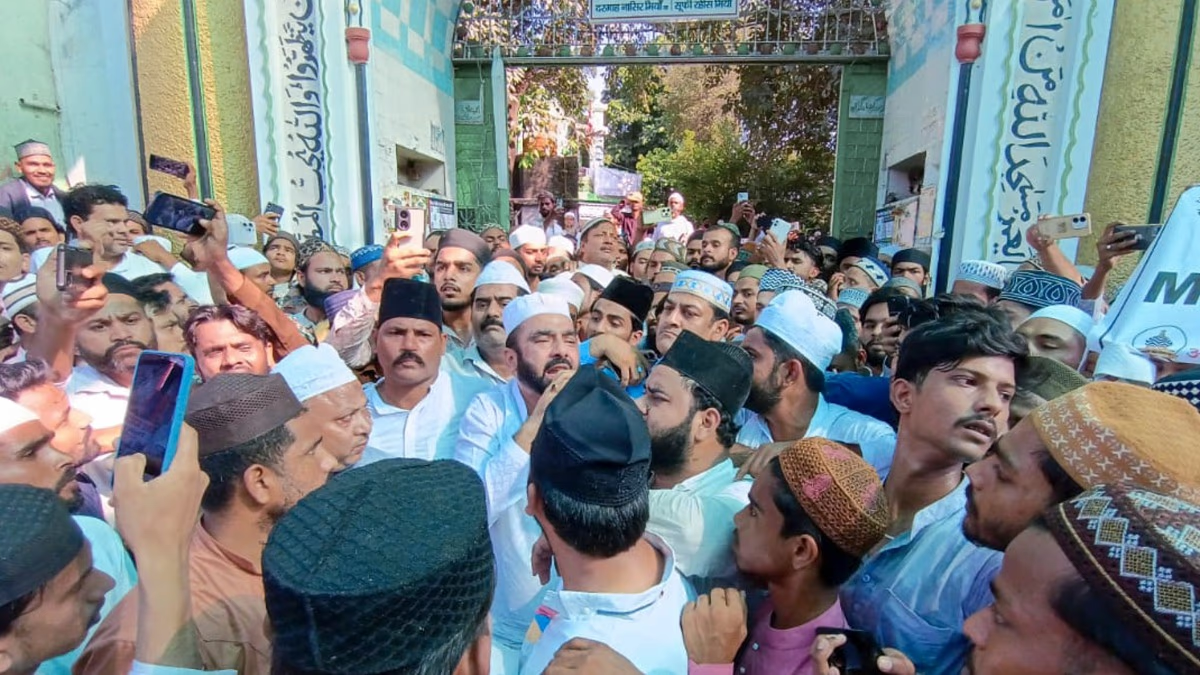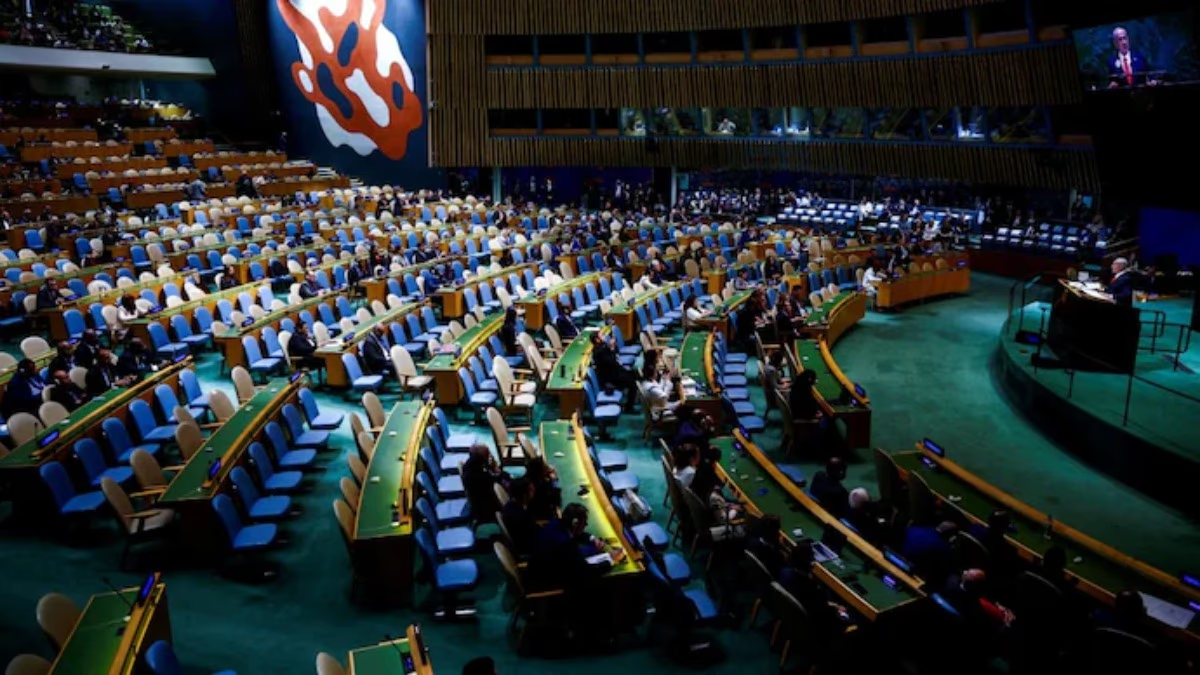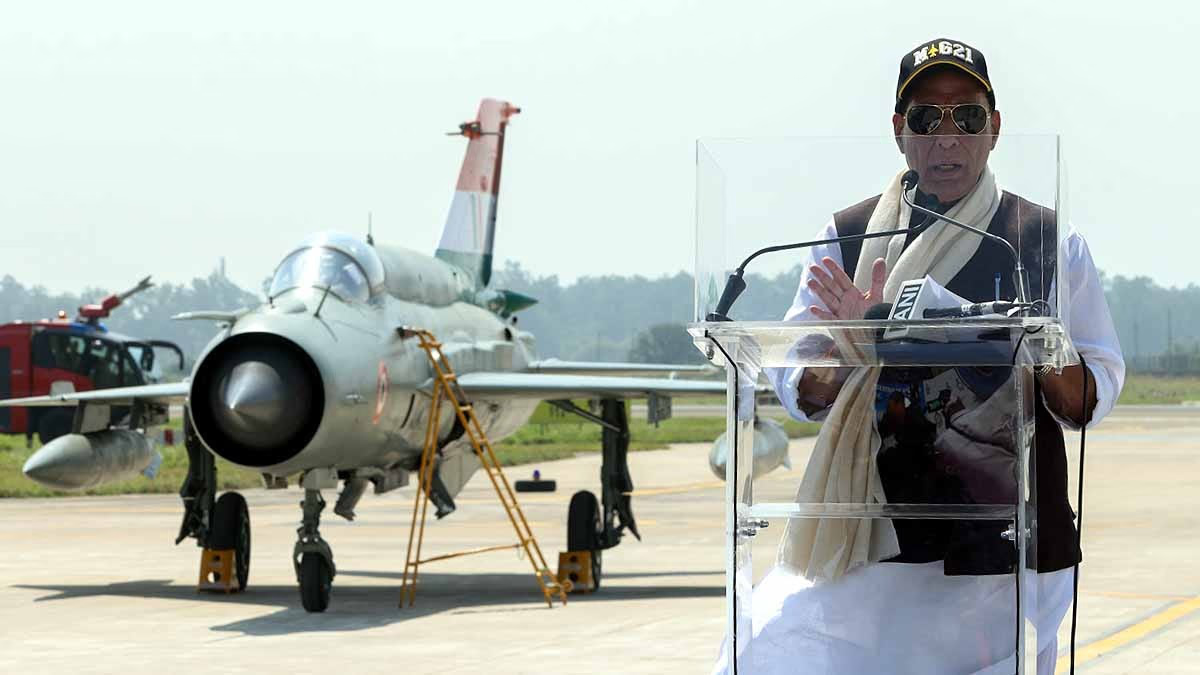The tragic helicopter crash claimed the life of Iranian President Ebrahim Raisi. Onboard with Raisi were Foreign Minister Hossein Amir-Abdollahian, Governor of East Azerbaijan Province Malek Rahmati, among others, all of whom perished in the incident. The crash occurred among the mountains amid severe weather on Sunday but was only confirmed after debris was found Monday. While expressing condolences, Iran officially stated that this would not impact its governance, which will continue as before.
Experts believe that President Raisi's passing will not profoundly affect Iran's political system because Supreme Leader Ayatollah Ali Khamenei makes all the country's critical decisions.
Supreme Leader Ayatollah Ali Khamenei
As Iran's highest religious authority, Supreme Leader Ayatollah Ali Khamenei holds the ultimate power in all state matters, serving as both the head of state and the 'Commander in Chief'. The supreme leader is the most influential figure within Iran.
At 85 years old, Khamenei assumed his father's mantle as Iran's supreme leader in 1989, following the death of Ayatollah Ruhollah Khomeini, the founder of the Islamic Republic of Iran. Khamenei has since maintained a firm grip over Iran's politics and military, even resorting to violence when facing challenges to his authority.
Under Supreme Leader Khamenei's leadership, Iran has taken a very tough stance against America and Israel concerning foreign affairs. His leadership has significantly increased Iran's influence in the Middle East, emerging as a formidable country despite US sanctions.
It is often said that Khamenei harbors personal disdain for America and Israel, which largely contributes to the escalating tension between Iran and the two nations.
How is Iran's Supreme Leader Chosen?
Following the Islamic Revolution in 1979, the position of Supreme Leader was established in Iran. Only men can become Iran's supreme leader. According to Islamic laws in force within the country, an individual must be an ayatollah to be eligible for the coveted role, reserved for only the highest ranking religious scholars. Nevertheless, when promoted to supreme leader, Khamenei had not yet achieved the ayatollah status. To accommodate his appointment, laws were amended accordingly.
The supreme leader is chosen by a council of 88 Islamic experts, known as the Assembly of Experts. These members are elected by the Iranian people every eight years. However, the Guardian Council, commanded by the supreme leader, vetoes the candidates before the public casts their vote.
Notably, the Guardian Council members are appointed by the supreme leader themselves, who, over the past decades, have consistently selected Islamic conservatives aligned with their vision.
The Impact of Raisi's Death on Iran's Governance
Analysts claim that Ibrahim Raisi's abrupt demise won't alter the broader Iranian foreign policy framework. According to Jason Brodsky, Policy Director of United Against Nuclear Iran, 'Iran's president is an implementer of policies, not a policymaker, hence there will be no shift in fundamental policies following Raisi's death.'
Ori Goldberg, speaking with The Times of Israel, noted, 'Raisi was acting on behalf of the supreme leader. He was elected in one of the most undemocratic elections in Iran.'
Supreme Leader Khamenei Announces Interim President Immediately After Raisi's Death
With a statement mourning President Ebrahim Raisi, Iran assured that its governance system remains unaffected. Raisi was considered a successor to Supreme Leader Khamenei, and Khamenei’s son, Mojtaba, has also been speculated as a potential successor.
Supreme Leader Khamenei announced a five-day national period of mourning and appointed Deputy President Mohammad Mokhber as the interim president. According to Iran's official news agency IRNA, Khamenei stated, 'Mokhber will oversee the executive duties. The legislature and judiciary will unite to elect a new president within a period not exceeding 50 days.' Mokhber is also known to be loyal to Khamenei.
Experts believe that this unexpected political upheaval presents a significant test for Khamenei. Ori Goldberg asserts, 'He must demonstrate that he can propel the country and its leadership forward in the face of these new challenges.'
While Iran's international policies might remain consistent, the nation's focus on the multifrontal strife against Israel could potentially decrease amid this political turbulence.
Michael Makovsky, CEO of the Jewish Institute for National Security of America, suggests, 'Iran may now be more preoccupied internally, focusing on the internal politics to select the next president.'




